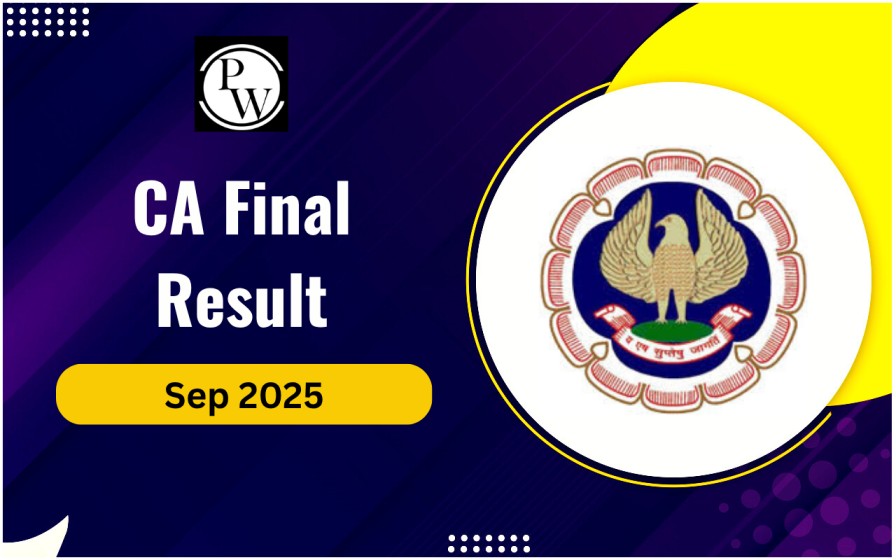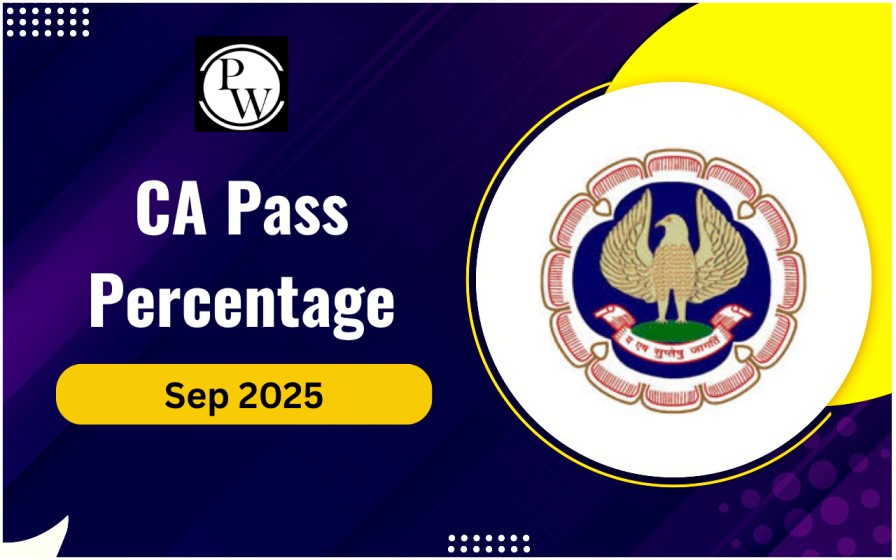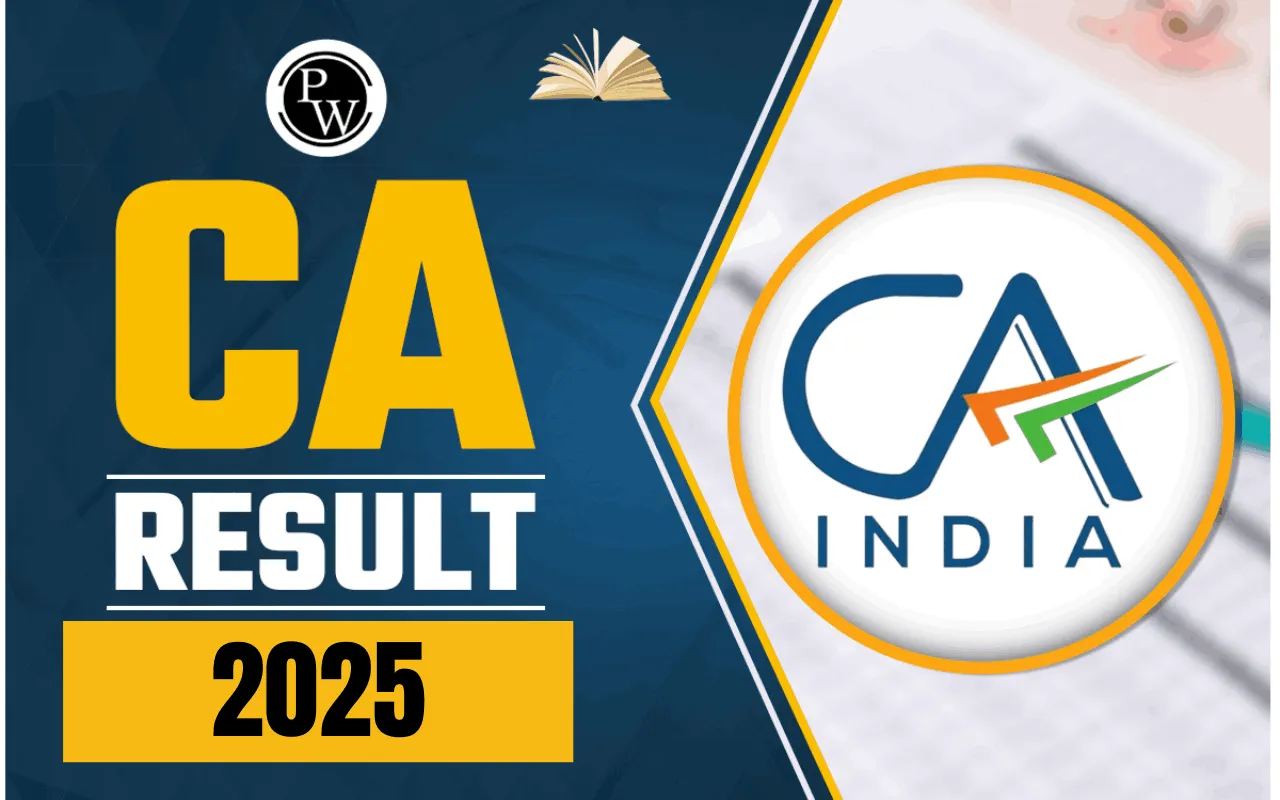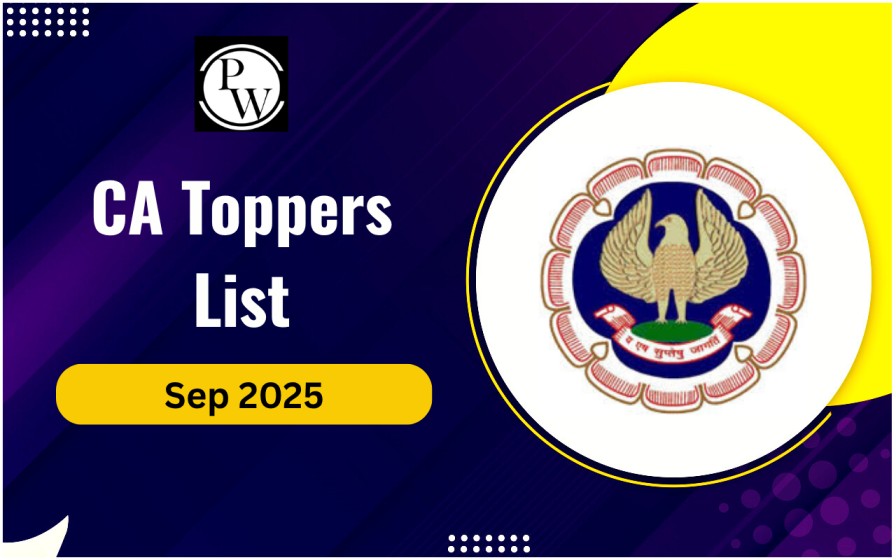

Ethics, integrity, and professional behaviour are critical for Chartered Accountants (CAs). They play a fundamental role in maintaining trust and confidence in financial reporting and auditing. When studying to be a Chartered Accountant (CA), you're not just learning about accounting or taxes. You're also learning how to act honestly and fairly in your job. Being ethical is very important for CAs because it shapes how they behave and how others see them. Since money and business are big parts of today's world, acting ethically is important.
Ethics means having a set of rules that help people make the right choices and act in a good way. For CAs, being ethical helps build trust in their work. As CA students study, they learn how crucial it is always to act ethically. Ethics, integrity, and professional behaviour are fundamental principles for chartered accountants. Here's how they apply to the profession:
- Ethics: Chartered accountants must adhere to a strict code of ethics. This includes maintaining independence and objectivity when providing financial services, ensuring confidentiality of client information, and avoiding conflicts of interest. Ethical behavior is critical for maintaining trust and credibility in the field.
- Integrity: Integrity is at the core of a chartered accountant's role. It involves honesty, truthfulness, and straightforwardness in all financial transactions and reporting. Accountants must present accurate and transparent financial information to clients, stakeholders, and regulatory bodies.
- Professional Behavior: Chartered accountants are held to high standards of professional behavior. This entails acting with professionalism, competence, and due care in all aspects of their work. It also involves a commitment to continuous learning and staying up-to-date with evolving accounting standards and regulations.
Role of Ethics in Life of Chartered Accountants
Ethics play a foundational role in the life of Chartered Accountants (CAs). These professionals are entrusted with significant financial responsibilities, and ethical principles guide their conduct in upholding trust, integrity, and accountability in the financial world. Here below, let's explore the vital role of ethics in the life of Chartered Accountants.
- Serving the Needs of the Community: Certified Accountants (CAs) have an important job. They deal with important money-related information that affects many people, like investors, people who lend money, and society in general. Being ethical means, they need to make sure this financial info is correct, dependable, and easy to understand. This helps keep everyone's interests safe. CAs should work in a way that keeps people's trust by being fair, honest, and clear in their work.
- Maintaining Ethical Professionalism: As Certified Accountants (CAs), it's crucial to understand the value of being honest and professional in what we do. Ethical behavior means we make sure that financial documents are correct, easy to understand, and trustworthy. When we stick to these high standards, it helps people trust us, whether they are our clients, employers, or others interested in our work. Following important ethical rules, like keeping information private, staying unbiased, and being independent, helps us make the accounting profession look good and reliable to everyone.
- Making Ethical Choices: Sometimes, being an accountant or auditor can be tricky because of the complicated work. But ethics, which are like a set of rules for doing the right thing, help us make smart decisions when things get tough. By thinking about these ethical rules and values, accountants can make the right choices, even when it's hard. This way, they can be trusted and respected in the business world, which is good for their reputation.
- Continuous Learning and Professional Development: Being ethical as a CA student means more than just knowing the theory. It means you should keep working on yourself, keep learning, and keep getting better at what you do. To do this, you need to stay in the loop about the latest ethical rules, laws, and how things work in the industry. This way, you can change and improve as the world changes, and your skills will always match what's needed. This helps you make the right ethical choices, considering how things are right now in the business world.
- Preserving Privacy and Trust: Accountants often learn private things about people or companies they work for. It's super important for them to keep this information to themselves. Doing this keeps the trust of those they work with and builds strong working relationships. It's like keeping a friend's secret; it shows you're trustworthy.
- Accountability and Transparency: Being ethical means being responsible for what you do and understanding how it might affect others and the world. Following ethical rules helps accountants be open and honest in what they do, and this creates a culture of taking responsibility in their profession. When they act this way, it makes financial information clearer and helps people trust that the money system is fair and honest.
- Dealing with Tough Ethical Choices: Becoming a CA can be tricky when it comes to doing the right thing. Sometimes, CAs face tough decisions that make them question what's right or wrong. It's at these times that their dedication to ethics really matters. If they have a strong set of ethical rules to follow, they can figure out these tough situations and make choices that match their beliefs and their duty as professionals.
- Ethical Choices in a Tech World: Today, technology is changing really fast, and accountants (CAs) need to deal with new challenges because of it. Things like artificial intelligence, automation, and big data analytics are becoming important in accounting. To use this technology in the right way, CAs need to follow ethical rules. They should be aware of things like keeping data private, making sure information is secure, and being careful about any unfairness in computer programs. When they do this, they can use technology to their advantage, lower risks, and make sure things are fair for everyone.
Importance of Ethics, Integrity, and Professional Behavior for CAs
Ethics, integrity, and professional behavior are crucial for Chartered Accountants (CAs) for several reasons:
- Trust and Reputation: Chartered Accountants are entrusted with sensitive financial information. Upholding high ethical standards builds trust and credibility, which are essential for the profession's reputation.
- Legal Compliance: Adhering to ethical and professional conduct ensures Chartered Accountants comply with laws and regulations, reducing the risk of legal repercussions.
- Client Confidence: Clients rely on Chartered Accountants to provide accurate financial information. Ethical behavior and integrity instill confidence in clients, enhancing client relationships.
- Public Interest: CAs have a responsibility to serve the public interest. Ethical conduct helps ensure financial markets and businesses operate transparently and fairly.
- Risk Management: Professional behavior minimizes the risk of errors, fraud, and unethical practices, protecting the interests of both clients and the public.
- Career Advancement: A Chartered Accountant's reputation for integrity and professionalism can lead to career opportunities and growth within the field.
- Self-Regulation: Ethical guidelines and professional conduct codes help Chartered Accountants self-regulate their behavior and maintain the highest standards.
- Social Responsibility: CAs have a role in promoting ethical business practices and corporate social responsibility, contributing to a more ethical and sustainable economy.
- Maintaining Public Confidence: High ethical standards maintain the public's confidence in the financial reporting and auditing processes, which is essential for a stable economy.
- Professional Unity and Cohesion: Adherence to ethical standards and professional behavior fosters unity and cohesion among Chartered Accountants. By upholding shared values and principles, CAs create a cohesive professional community that can collaboratively address challenges, advocate for best practices, and ensure the continual improvement and relevance of the profession.
Moreover, ethics, integrity, and professional behavior are the foundation of the Chartered Accountancy profession, ensuring its effectiveness, trustworthiness, and contribution to economic and financial stability.
Real-World Impact of Ethics, Integrity, and Professional Behavior for Chartered Accountants
Check the real-world impact of Chartered Accountants' adherence to ethics, integrity, and professional behavior. These principles not only form the ethical foundation of the profession but also have profound and far-reaching consequences for the financial world and beyond.
- Ensuring the Stability of Financial Markets
One of the primary roles of Chartered Accountants is to provide accurate and reliable financial information. This information is critical for investors, creditors, and other stakeholders to make informed decisions. When CAs maintain the highest ethical standards in their work, they instill confidence in financial markets.
For example, in the aftermath of the Enron scandal in the early 2000s, where fraudulent accounting practices were uncovered, public trust in financial reporting was severely shaken. Regaining that trust required the efforts of honest and ethical Chartered Accountants who committed to transparent financial reporting. When investors believe that financial statements are trustworthy, it promote stability and confidence in the financial markets, encouraging investment and economic growth.
- Protecting Investors' Interests
Chartered Accountants have a duty to safeguard the interests of investors and shareholders. Ethical conduct is instrumental in ensuring that financial statements accurately reflect a company's financial health. When CAs adhere to the principles of honesty and objectivity, they prevent the inflation of financial figures and ensure that investors are not misled. This protection of investors' interests is essential for maintaining the health and vibrancy of the investment ecosystem.
When investors feel secure that financial information is reliable, they are more likely to invest their capital in businesses, which, in turn, drives economic growth and job creation. This demonstrates the direct link between the ethical behavior of Chartered Accountants and the prosperity of the broader economy.
- Detecting and Preventing Financial Fraud
Detecting and preventing financial fraud is one of the most critical responsibilities of Chartered Accountants. Fraudulent activities, such as embezzlement, misrepresentation of financial data, and insider trading, can have devastating consequences for businesses, investors, and the economy as a whole.
CAs with high ethical standards play a pivotal role in identifying irregularities in financial records. Their integrity and diligence in scrutinizing financial statements and transactions can uncover fraudulent activities and prevent them from causing significant damage. This contributes to maintaining the integrity of financial systems and protects the interests of various stakeholders.
- Contributing to Economic Growth
Chartered Accountants' ethical conduct contributes to a nation's overall economic growth. When financial markets are stable and investors' interests are protected, there is a more conducive environment for businesses to flourish. Ethical financial reporting helps attract investments and loans, enabling companies to expand and create jobs. As the economy grows, it benefits society as a whole by providing increased opportunities, better living standards, and a higher quality of life.
Furthermore, Ethics plays a crucial role in the lives of Chartered Accountants (CAs) that goes beyond just their professional duties. It affects their values and how they interact with the world. When CAs follow ethical principles, they help create a fair and honest society.
As future leaders in accounting and taxation, CA students have a chance to make a positive impact. By being ethical in their personal lives and careers, they can create an open, trustworthy, and responsible financial world. Ethical behaviour isn't limited to the classroom; it influences students' success and the profession's reputation as a whole.
Ethics, integrity, and professional behaviour are fundamental pillars for Chartered Accountants (CAs). The takeaway is that CAs are trusted with significant responsibilities that influence businesses, stakeholders, and economies. To maintain trust and ensure transparent and accurate financial reporting, they must adhere to strict ethical standards, demonstrate unwavering integrity, and exhibit professional behaviour in all their actions. This enhances their reputation and bolsters the confidence of clients, employers, and the public in the accounting profession.
Ethics, Integrity, and Professional Behavior for Chartered Accountants FAQs
What are the professional ethics of a chartered accountant?
What is the professional behavior of a professional accountant?
What is the behavior of chartered accountants?
What are the 5 fundamental principles of ethics for professional accountants?
Why are ethics important for chartered accountants?












